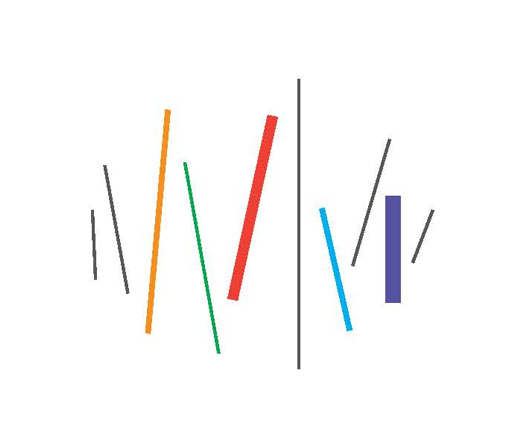Other research and professional projects
Availability of upper secondary education programmes in Croatia 2013-2021.: Demographics, enrolment, capacities, demand, interest, interventions and projections
About project
Project basics
- Acronym: RASPUH
- Coordinator: Institute for Social Research in Zagreb
- Financed by: Ministry of Science and Education
- Duration: 7 October 2021 – 30 June 2022
Project description
The project was implemented for the Ministry of Science and Education as one of the early activities of the National Recovery and Resilience Plan 2021-2026 (NPOO), with a purpose of providing evidence-based foundation for future structural reform of secondary education. The project resulted in the document “Comprehensive analysis of secondary education needs with the purpose of increasing attendance in grammar school programmes and reducing the number of surplus programmes in vocational education and training“. The Study is based on data on the capacities and enrolment of all programmes in all secondary schools in the period 2013-2021, on the Croatian Employment Service (HZZ) recommendations at the level of vocation and counties in the same period, as well as other administrative and statistical sources (demographic and educational), and previous research findings.
The Study starts with a review and projection of demographic trends at the point of enrolment in secondary education. The mainstay of the study comprises of a review of decennial developments with respect to enrolment, capacities and occupancy (including the size of classes), pupils' interests, transitions towards higher education, (non)compliance with demands of the labour market and the State Pedagogical Standard. With regard to all these dimensions, the analysis provides an overview at the county level, where it provides insights with regard to basic types of regular secondary education (grammar school programmes, vocational programmes with access to State Matura and vocational programmes without direct access to State Matura), and 14 educational sectors of the Croatian Qualifications Framework. The Study also provides an insight into innovations introduced during the past decade, such as the introduction of the programme of new vocational curriculum, the experiment of vocational grammar schools, the introduction of Regional Centres of Competence, along with legal and scholarship interventions related to work-based learning.
Logo

